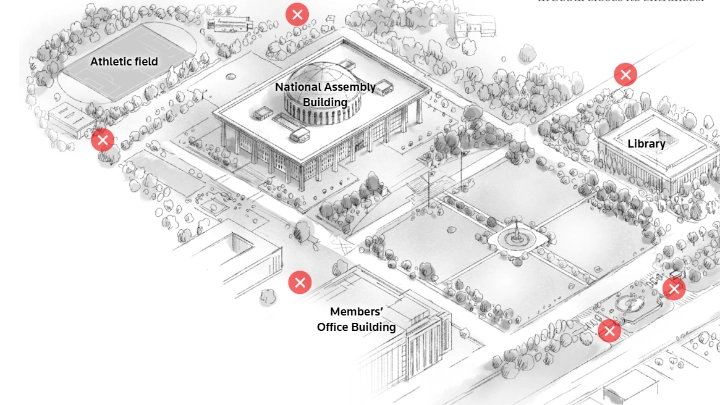Within hours, chaos began to unfold as police scuffled with protesters and soldiers flew in on military helicopters to storm the National Assembly compound in Seoul.
6 hours of chaos
In just a few frantic hours, lawmakers were forced to climb the walls into the National Assembly compound in order to lift the martial law decree after being blocked by military troops and police. Here’s how it unfolded.




